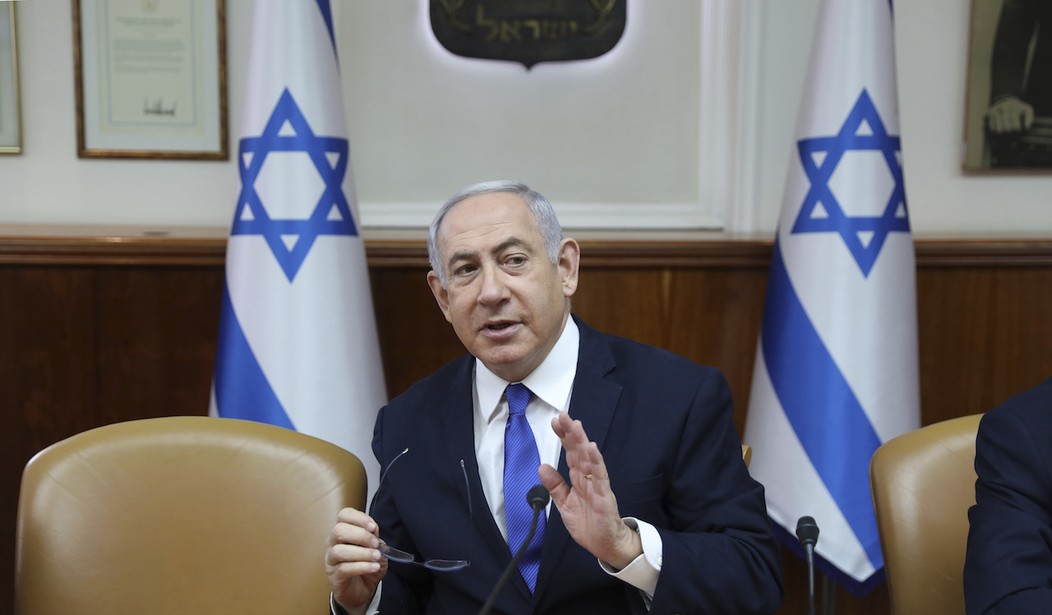Juliette famously said of her beloved Romeo, “A rose by any other name would smell as sweet.” She wasn’t just talking about her love for him, but the inherent conflict between her Capulet and his Montague families, among whom there was a generations-old blood feud.
Today, in place of a rose, whether called sovereignty, annexation, applying Israeli law, or by any other name, it is a cornerstone of a different inherent conflict between Israel and the Palestinian Arabs, among whom there has also been a blood feud.
In recent weeks, I have answered a multitude of questions about the possibility of Israel applying sovereignty to most of the Jewish communities in Judea and Samaria (the West Bank). This could happen as early as next month. I have written about this from a Jordanian and a Palestinian Arab perspective. While there are many moving parts, and lots could change even between my writing and this being published, as a resident of one of the towns that could come under Israeli sovereignty, I am glad to share some thoughts from an Israeli perspective.
Extending sovereignty to Jewish communities in Judea and Samaria means a legal change of their status as being officially part of Israel. This would come with a full application of Israeli civic laws there on a wide range of levels. There’s precedent for this with Israel’s extending sovereignty over all of unified Jerusalem after the 1967 Six Day War, and over the Golan Heights in 1981.
July 1 is a benchmark based on the Trump “Peace and Prosperity” plan, and per the new Israeli government coalition agreement. From then, it could be possible for Israel to extend sovereignty over some 30 percent of Judea and Samaria. This includes predominately areas demarking existing Jewish communities that are pejoratively referred to as “settlements.” It’s uncertain if Israel will in fact do so, and if so when, or over what areas. Rumors abound that Israel might only extend sovereignty over portions of Judea and Samaria, gradually, including what’s commonly known as “settlement blocks,” and the Jordan Valley.
Recommended
What will happen is anyone’s guess. Prime Minister Netanyahu has repeatedly announced his intention to extend sovereignty to the Jordan Valley (the narrow strategic stretch of land between the Jordan River and the Samaritan mountains) throughout the past year’s political cycle that saw three national elections. In January, per the Trump Peace Plan, the U.S. indicated it would support Israel extending sovereignty to portions of Judea and Samaria according to the Plan’s terms. Immediately afterward, Israel indicated that doing so was inevitable. It became central to the third national election campaign in March, and to the new government’s coalition agreement hammered out afterward.
It’s unclear whether Israel will move forward and how; with U.S. support, or without. There are a wide range of opinions and perspectives in Israel. Some say that not knowing the outcome of the U.S. presidential election, Israel has to act now while Trump, who is considered to be very supportive, is in the White House. Others say that when Israel extended sovereignty on its own previously, Jerusalem and the Golan Heights, it did so without formal U.S. backing. Some criticize Netanyahu being the longest serving Israeli Prime Minister, saying that if this really were important, he could have done it any time beforehand. Some say the time is not right. Others say that doing so will be damaging for Israel.
Nationally, the majority of Israelis support the extension of sovereignty to one degree or another. For many, that’s conditional based on a variety of factors like U.S. support, full coalition agreement, coordination with others, and more. There are those mostly on the political left and among Israeli Arabs who oppose Israel doing so, and generally favor the creation of a Palestinian Arab state on all the land including Gaza and Judea and Samaria (the West Bank).
Another factor is the trauma and stagnation that Israel endured regarding the perverse election season in the past 18 months; three national elections in the course of a year. With a government finally in place, and a reasonably strong national consensus, not moving forward to apply sovereignty could trigger another election, something most Israelis don’t want, and by any measure would not be good for Israel.
Among “settlers” there are a variety of opinions ranging from full support of the Trump plan and extending sovereignty as widely as possible, to strong opposition on the grounds that the plan (albeit conditional of Palestinian Arabs negotiating and agreeing to make peace) will help give birth to a Palestinian state. Supporters say that it's best to have at least some sovereignty as soon as possible, while it’s possible. Many of these don’t think that the Palestinians are, or ever will be, serious about peace so creation of a Palestinian state is moot. Those who oppose it do so on the basis that a Palestinian Arab state poses a strategic threat to Israel, and that giving up any of the biblical Land of Israel is prohibited.

























Join the conversation as a VIP Member